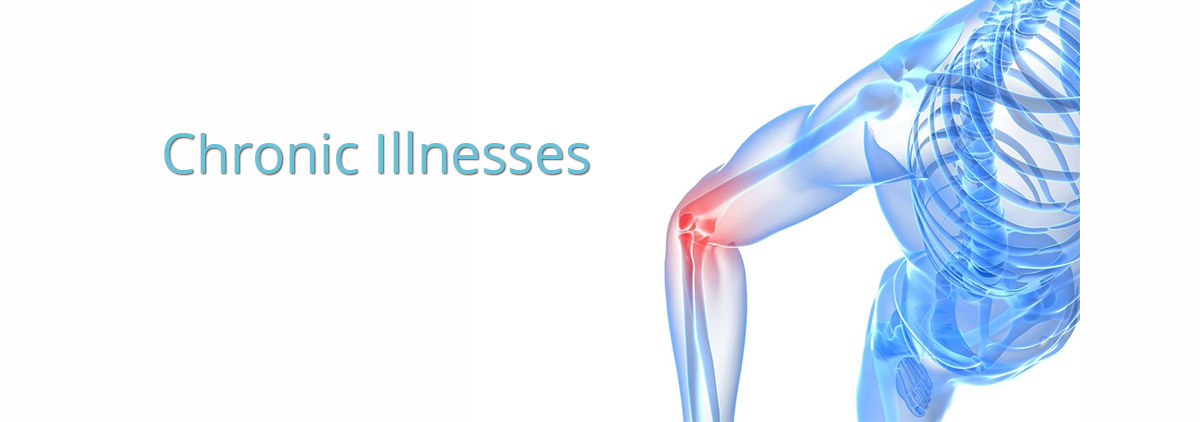Poor quality diet, stress, sedentary lifestyle, emotional trauma, sleep deprivation, ageing, genetic disorders are all common factors that contribute to chronic illnesses. Constant information bombardment on our devices has also made it difficult for us to tune out to get a mental rest in this stressful digital age. Our body complains when we have not listened to its needs of time-out, nutritious food, appropriate exercise and spiritual connection. As a result many of us starve in the land of plenty. Indigestion, insomnia, tiredness, migraines, depression and anxiety, obesity, diabetes, stroke and cancer are just some of the common modern day chronic illnesses. Although we cannot control our genes and our age, we can certainly improve our lifestyle.
The approach of holistic medicine such as Chinese medicine and acupuncture towards illness to see the human body as a whole rather than separate organs working independently. One ailment often involves the imbalance of multiple organ systems. For example, the Liver system is closely linked to the Spleen and Stomach system and the Kidney system. Thus emotional stress, digestion, hormonal imbalance are often closely related. A traditional Chinese medicine approach involves meticulous diagnosis of the whole body, preventative measures and advice on a Yin Yang balanced diet and lifestyle that fit the individual’s body constitution.
Research
A randomised controlled trial (Ref: 1) of Chinese medicine was conducted on non-motor symptoms of Parkinson’s Disease of 111 patients. The modified formula of Liu Jun Zi Tang based on Chinese medicine theory since Qing dynasty was found to be effective for treating mood, cognition and constipation.
A systematic review was conducted to identify randomised controlled trials of acupuncture for chronic pain where 17922 patients were involved. In particular, these 4 chronic pain conditions were looked at: back and neck pain, osteoarthritis, chronic headache, and shoulder pain. It concluded that acupuncture is effective for the treatment of chronic pain.
Another randomised controlled trial (Ref: 3) was conducted to assess the effectiveness of Chinese herbal medicine for the treatment of irritable bowel syndrome. patients in the active treatment groups reported significant improvement in bowel symptom scores.
References
- https://www.ncbi.nlm.nih.gov/pmc/articles/PMC5463168/
- https://jamanetwork.com/journals/jamainternalmedicine/fullarticle/1357513
- https://jamanetwork.com/journals/jama/articlepdf/188145/JOC80619.pdf





